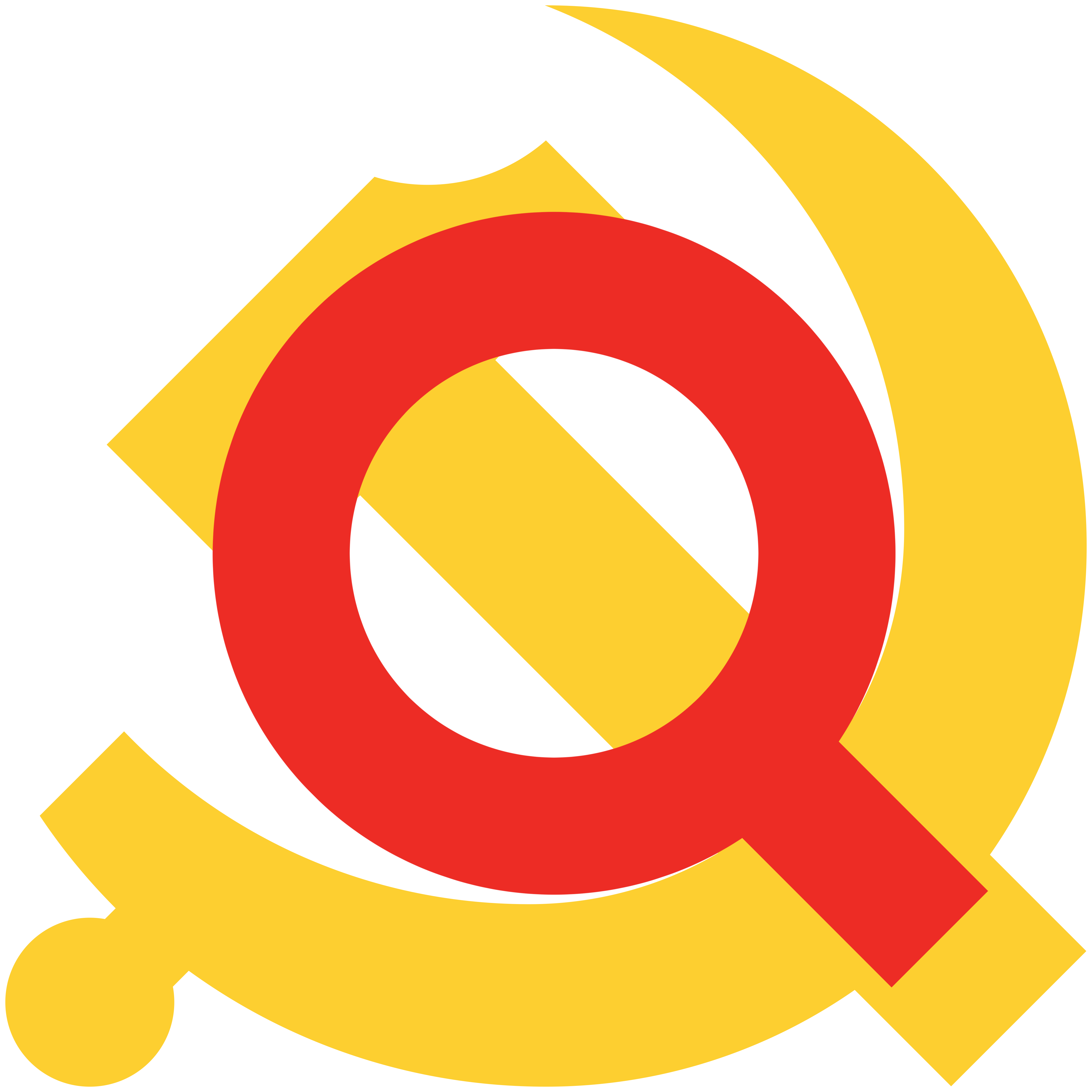In Socialist Roaders, I hear many people say that “China is capitalist”. What I’d like to ask as a response is “Is Sweden socialist?” Any Marxist will respond to that question with a resounding “no”. By analyzing class struggle, I have found a pattern. When the class that is not in power ramps up class struggle, the class currently in power has two options:
A) Offer concessions, or B) Double down.
In bourgeois states, both of these approaches have been taken in history. Option A has been taken by countries such as the Nordics, while Option B has been taken by a country like Nazi Germany. Option B leads to an all-out war between bourgeois and proletarian states. China, a proletarian state, is also faced with this dilemma due to the international bourgeoisie threatening socialism, but this time, it’s flipped on its head. As socialism is no longer as strong, China choosing Option B would likely result in WW3, which China would want to avoid. As a result, China chose Option A. However, just as concessions made to the proletariat in bourgeois states got rolled back as capitalism became the dominant mode of production, China will roll back concessions to the bourgeoisie once socialism becomes on an equal level, if not dominant.
“But what about the DPRK?” The DPRK chose option B. Although this did not result in a conventional war, it resulted in an economic war, with the DPRK being cut off from almost all international trade.
Hey, I know you! 👀
I asked a similar question a while ago, which had people link plenty of useful resources:
https://lemmygrad.ml/post/796348
Though your post here makes me realise I never really considered the “capitalist” side of the class struggle. China is in a fairly unique situation, in that they have a capitalist class that doesn’t hold political power, so they will fight for it, the same way the proletariat will in a capitalist nation. I never really considered the “push and pull” of this before, but class struggle does cut both ways. I think seeing China’s current situation as giving “concessions” to the capitalist class, in a similar way to the Nordic countries giving concessions to the working class is a useful tool for analyzing the situation.
And I’ve whined before about Maoist analysis of China, where they seem to think that the capitalist world will just sit idly by and let a second cultural revolution happen without taking advantage of the situation to weaken or balkanise China (or fund their own forces to take power), and then once the people are all free and Maoist, the capitalist world will once again, just sit by and let them rebuild after what would essentially be a civil war. And that’s not even mentioning the ticking clock that is climate change. China putting their efforts there on hold due to a cultural revolution would be catastrophic for not just them, but the whole world. But at least the broken polluted world that emerges will have a brief window of ideological purity before the Maoist Party of China splits due to revisionists amongst their ranks.
The international bourgeoisie has a weakness for capital gains, some of them think ideologies different from capitalism are just facades for other forms of capitalism, so when China opens up foreign investment and trade, they’ll happily join in. Any hype around “anti-China” and “anti-communism” is just to appease local liberal and fascist sentiments, no self-respecting capitalist will stop investing in China just because of “moral obligations”.
Both international and local bourgeoisie in China are under close scrutiny by the people. Chinese liberals think they are helping the bourgeoisie when they complain of government regulations and restrictions, but it only helps to focus more attention on the bourgeoisie and their actions.
As for dogmatic or uninformed people who refuse to acknowledge that China is socialist, I would say that the international bourgeoisie controls a lot of technology and expertise around the world, you can’t expect to develop the productive forces by shutting them out. Self-sufficiency is an admirable spirit but it’ll only get you so far, most countries don’t have the resources to do what China has accomplished in the field of science and technology even if they’re not sanctioned or isolated by the international bourgeoisie.
It is the workers who do all the work, but to reach the workers you have to go through the capitalists, such is the dilemma of living in the real world. There are two ways to develop the productive forces, either do-it-yourself or through exchange of information. I’m going to use the example of open source vs closed-source software for this:
When working on non-core components of closed-source software, programmers could be repeating work already done by other programmers from other companies, but due to the closed-source nature it is hard for to find out if this is the case. If open source software is used for those non-core components instead, programmers can benefit from the maintenance by a larger community, and managers can benefit from reduced time and costs. This is a double-win for both managers and workers, which is why large software corporations also embrace and contribute to open source software.
If you can see how exchange of information the above example helps to facilitate the development of productive forces, this is the same logic as to why a socialist country needs to do business with the international bourgeoisie. Now we know that it’s not all positive outcomes when you invite the international bourgeoisie to invest and trade, ideological, societal and economical problems are also part of the package, which is part of the reason why some Marxists don’t acknowledge China as socialist.



